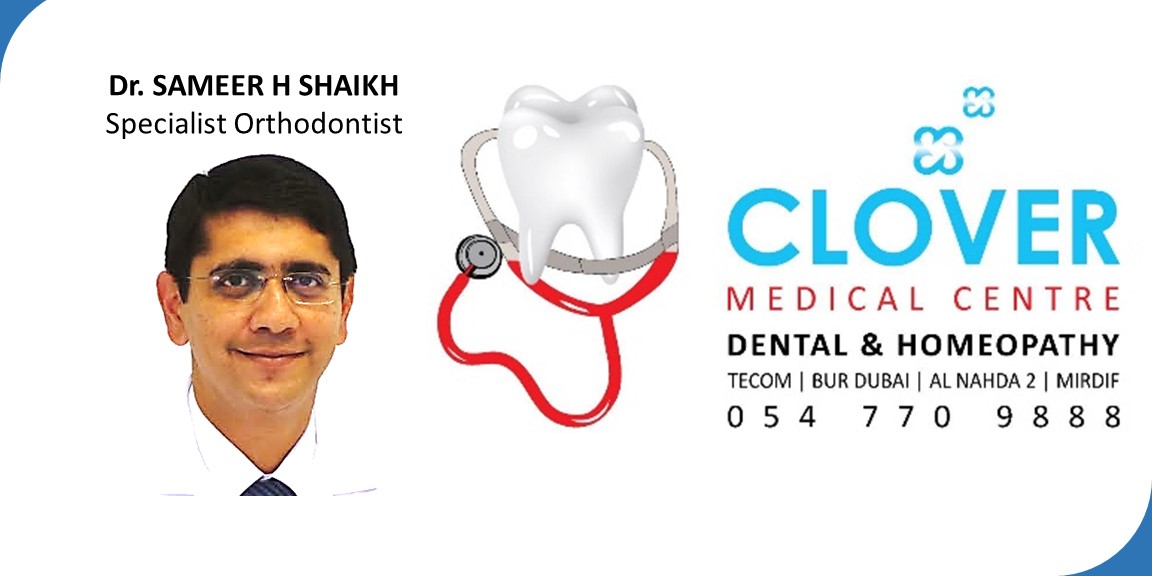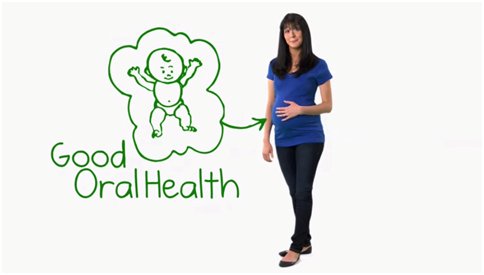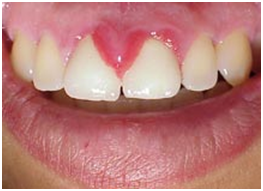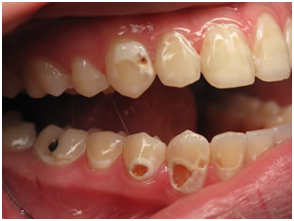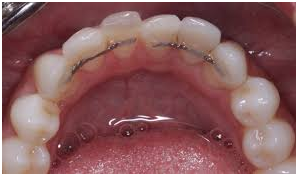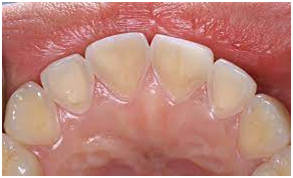Congratulations!!! You are going to have a baby!!! With the baby comes lots of joy and happiness for the family. For the mother, it comes with lots of changes to the body. One of the common changes is seen in the mouth. Unfortunately, there are lots of myths associated with this and hopefully this article will help separate common Myths from Facts.
- Pregnancy will cause swelling and bleeding of gums.
During pregnancy, a woman’s body is exposed to a plethora of hormones and changes. This results in a tendency for the gums to bleed at the slightest provocation or without any trauma per se. Also, a commonly observed form of gum swelling, known as pyogenic granuloma/pregnancy
tumor, may occur. Contrary to its seemingly ominous name, it is a very harmless localized enlargement of gums due to hormonal changes and exaggerated response to even minor accumulation of plaque and deposits.
All it requires is a thorough teeth cleaning and better oral hygiene.
- Pregnancy results in loss of teeth calcium and makes teeth weaker and prone to cavities.
False. Most common reason for women to have cavities during pregnancy is not due to loss of calcium from teeth. During pregnancy, most women will have multiple light meals rather than the usual 3 meals a day. This may be for varied reasons like morning sickness, pregnancy related acid reflux, gestational diabetes, etc. This change of diet to multiple snacking is not followed by adequate oral hygiene (brushing of teeth) resulting in tooth decay and cavities.
Better oral hygiene habits like brushing teeth after proper meals and vigorous rinsing with water after light snacks can help prevent cavities.
- Pregnancy causes loosening of teeth.
Partly true. During the third trimester of pregnancy, the body releases certain hormones which increase the flexibility of ligaments and bones to prepare the body to deliver the baby. Combine with less than ideal oral hygiene results in moving of some teeth or wobbly feeling due to softening of alveolar bone which harbors teeth. Women who had orthodontic treatment done and were not having retainers may find their teeth move again during this period.
This softening of bone reverts back to normal post-partum once the baby has been delivered.
Visiting your dentist if required and placement of retainers where indicated will help prevent unwanted teeth movement.
- Increased sensitivity of teeth and difference in taste.
A combination of acid erosion due to morning sickness, hormonal changes and change in dietary and oral hygiene habits results in sensitivity of teeth to cold and increased sensitivity to variations in taste.
Better oral hygiene combined with use of desensitizing toothpaste will help in reducing teeth sensitivity.
